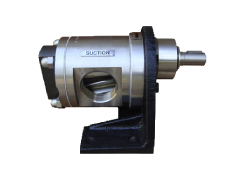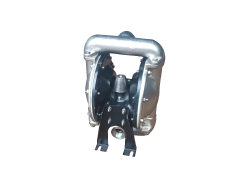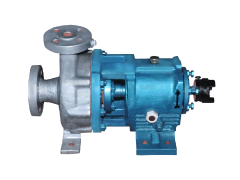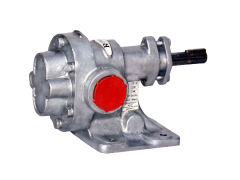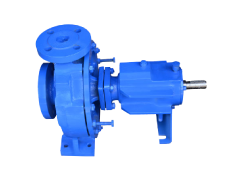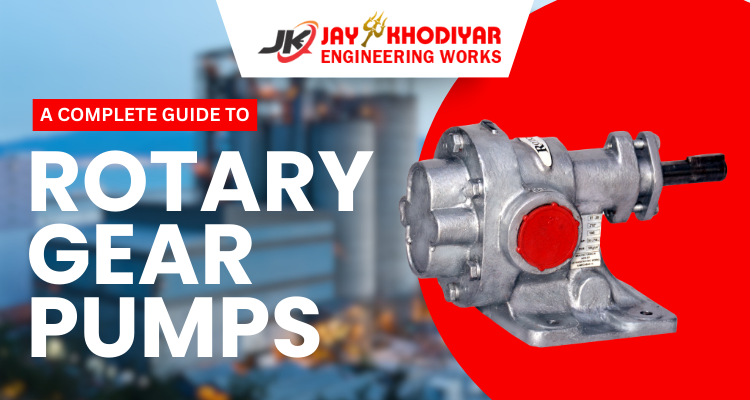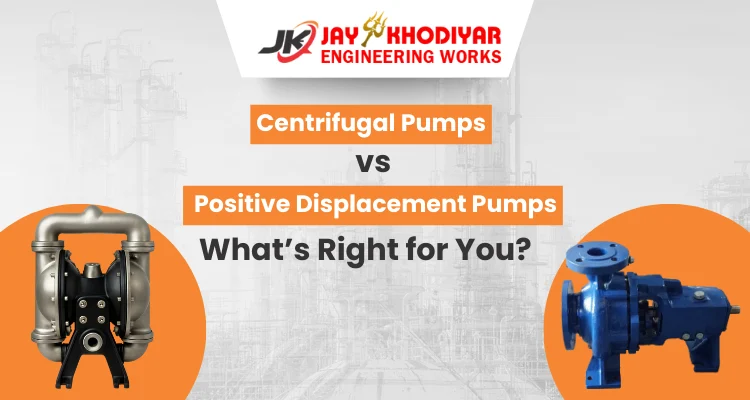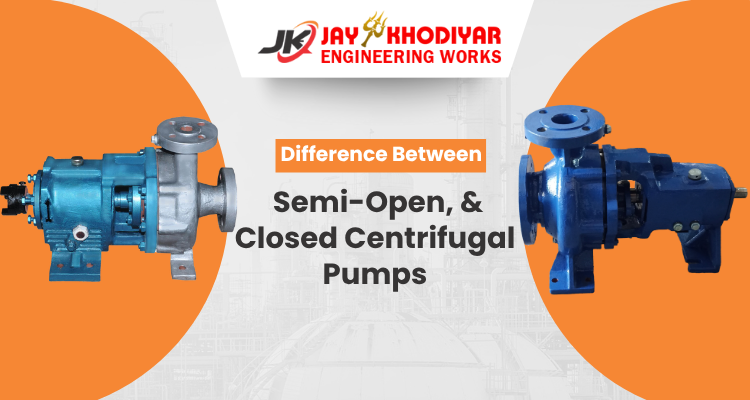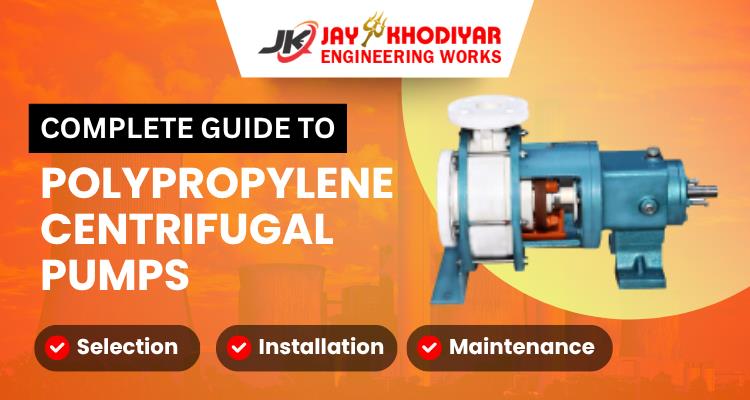Closed Impeller Centrifugal Pump Manufacturer in India (JKCIP SERIES)

Being the leading industrial pump manufacturer, Jay Khodhiyar Engineering Works offers high-performing centrifugal pumps to withstand a variety of mechanically aggressive and high-temperature liquids.
Our JKCIP series pumps are an advanced design Closed Impeller Centrifugal Pump manufactured for tackling all kinds of liquids in chemical industries. With superior casting qualities, intrinsic designs, and hydraulics, our centrifugal pumps are ideal for your chemical industry.
These pump dimensions are designed as per ISO 28588 Pump Standard and ISO 5199 as the Pump Testing Standards making them more efficient pumps and much better in terms of Hydraulics.
As a trusted Closed Impeller Centrifugal Pump manufacturer, we deliver innovative pumping solutions for diverse industries, ensuring precision, durability, and peak performance.
- Maintenance Free
- Superior Casting Qualities
- Better Bearing Life
- Highly Efficient
- Chemical & Corrosion Resistant
| Capacity | 500M3 / hr |
|---|---|
| Head | 160mtrs |
| Size | 25 to 150 |
| Speed | 1400 to 2800 |
| Temperature | 160 |
| M.O.C. | C.I, WCB. S.S 304, S.S 316/316L Alloy-20, CD4MCU Etc |
Download Closed Impeller Centrifugal Pump Catalogue
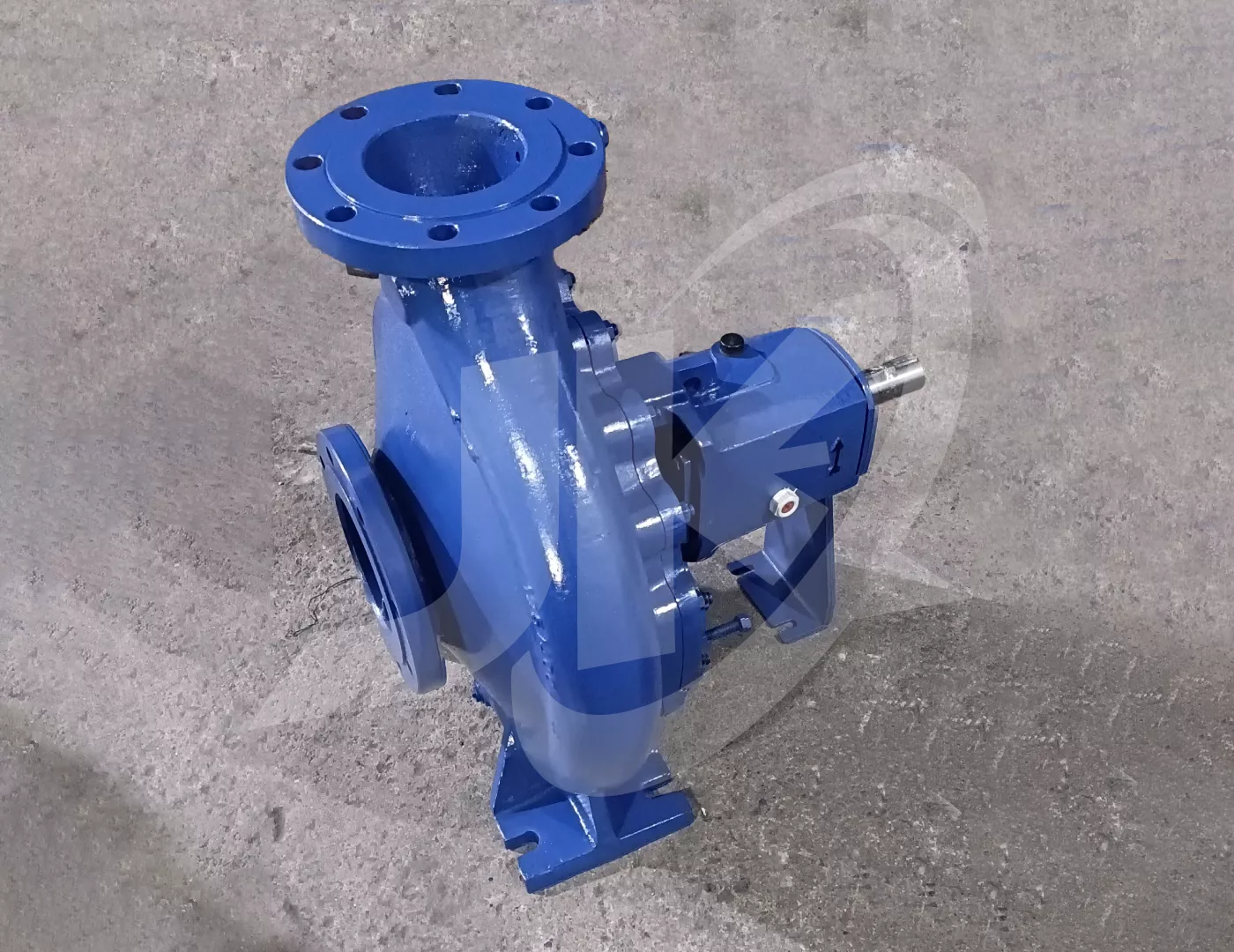
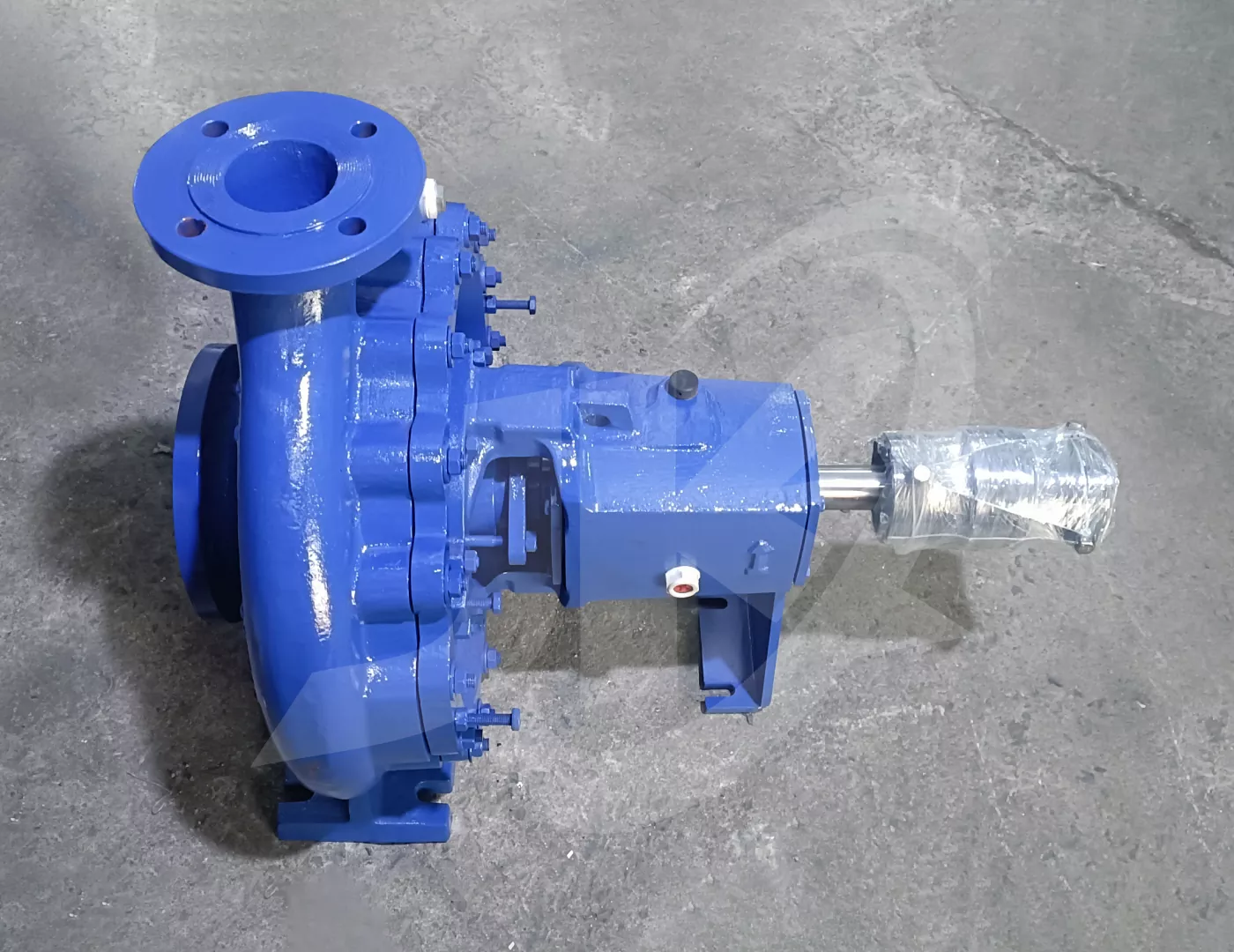
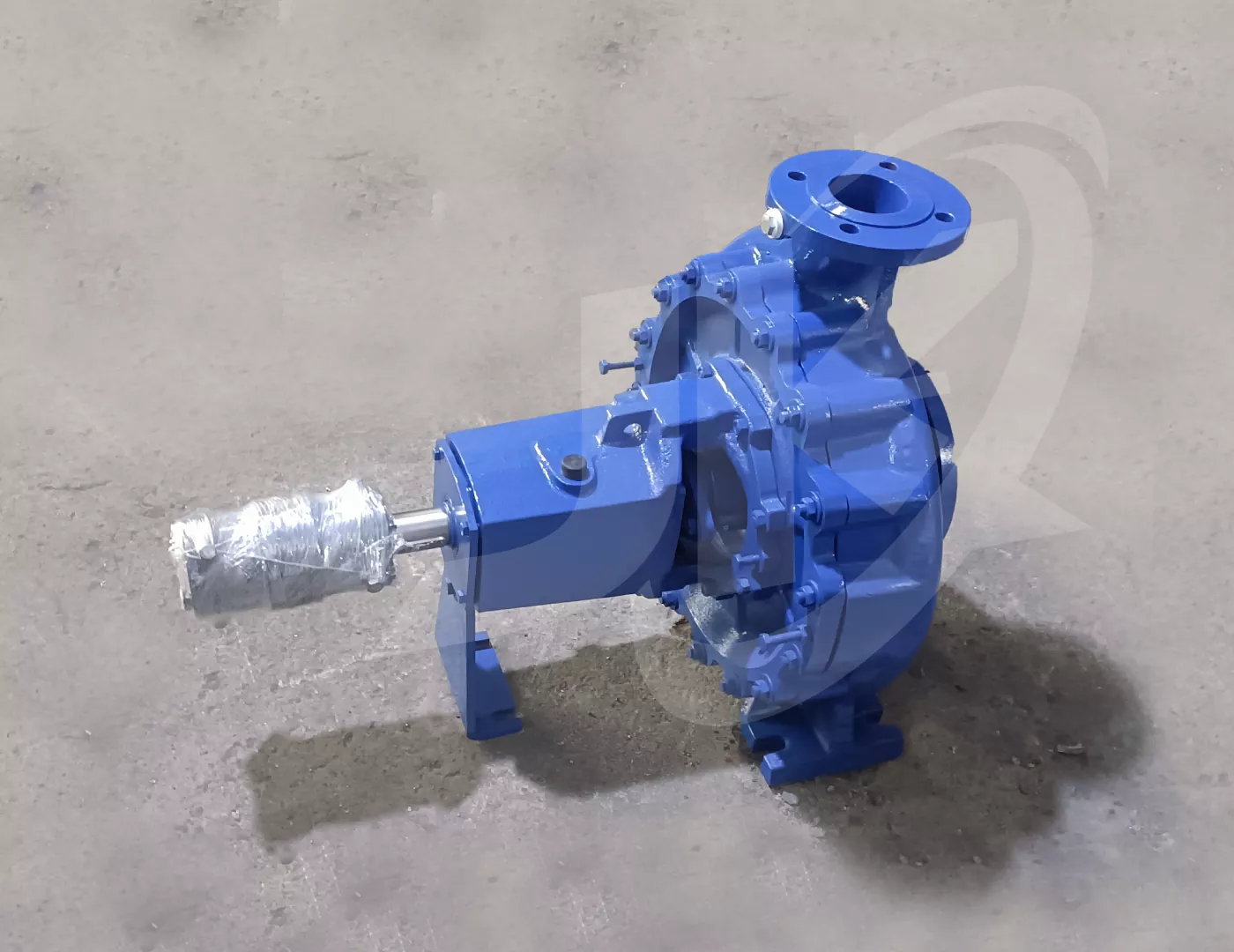

Applications of Closed Impeller Centrifugal Pump
Chemical And Petrochemical
Sugar And Alcohol Industry
Boiler Feed
Circuits In Refineries & Industries
Water Supply
Irrigation
Air Conditioning
Fire-Fighting
Drainage
Circulation Of Heat Transfer Oil
Need a Pumping Solution Enclosed with Efficiency?
Why Choose Our Industrial Pumps?
What is a Closed Impeller Centrifugal Pump?
A closed impeller centrifugal pump is a type of centrifugal pump that has vanes at both front and back to provide maximum strength. This enclosed impeller decreases the thrust load on the shaft while offering longer bearer life, reduced shafting costs, and improved reliability.
How Does Closed Impeller Centrifugal Pump Work?
- The blades spin at high speed in a circular motion to increase pressure and velocity for fluids.
- The impeller creates a negative pressure in the center of an impeller which draws liquid into the impeller.
- The contributed centrifugal force by the impeller on the liquid throws the liquid outwards radially.
Advantages of Closed Impeller Centrifugal Pump
- Increased Bearing Life
- More Efficiency
- Reduced Thurst Load
- Reduced Shafting Costs
- Low Maintenance
Benefits of Our Closed Impeller Centrifugal Pump
- High Efficiency: Better energy use and lower operating costs.
- High Pressure: Suitable for applications needing significant pressure.
- Consistent Performance: Effective over a wide range of flow rates.
- Reduced Cavitation: Less prone to cavitation damage.
- Durability: Longer lifespan with less wear and tear.
- Compact Design: Space-saving installation.
- Low Noise: Quieter operation.
- Versatile: Handles various liquids, including water and chemicals.
- Easy Installation: User-friendly for maintenance.
Customization options in Closed Impeller Centrifugal Pump
We do Offer customization options for specific client requirements, including materials, sizes, flow capacities, and pressure ratings.







